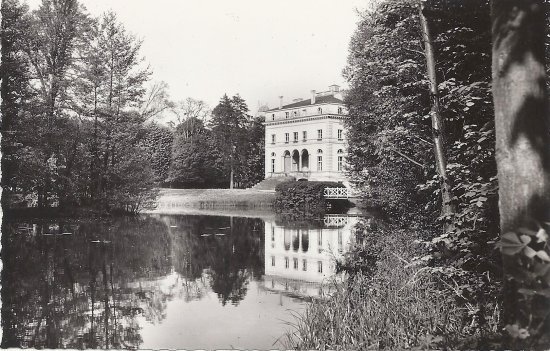In this week’s Spectator USA Life ’n’ Arts podcast, I’m casting the pod with David Pryce-Jones. Novelist, correspondent, historian, editor at National Review and, most recently, author of the autobiography and family history Fault Lines, Pryce-Jones has the longest association with the Spectator of any Life ’n’ Arts podcaster yet. In 1963, Pryce-Jones began his literary journey to the status of national treasure on both sides of the Pond by becoming books’ editor of our London mothership.
‘My past seems unbelievable. I can’t explain it to myself, let alone anyone else,’ Pryce-Jones says. Now into his ninth decade, he is a living history of modern letters, and a key witness to the events of the twentieth-century. How many other people can recall escaping from France after the German invasion of 1940, visiting Evelyn Waugh at Combe Florey and Naguib Mahfouz in Cairo, preparing his desert kit for landing at Suez, hearing whispers of nostalgia for the Habsburgs behind the Iron Curtain, watching Israeli troops capturing the Golan Heights in the Six-Day War, hearing Ronald Reagan charm the faculty of the University of Berkeley, California, and being accused of ‘betraying his class’ for writing about the pro-Nazi sympathies of Unity Mitford and other Thirties’ aristocrats?
‘I think the common theme in everything that I’ve done, really, is: what makes people believe the extraordinary things they do believe?’ Pryce-Jones told me.

Britain’s best politics newsletters
You get two free articles each week when you sign up to The Spectator’s emails.
Already a subscriber? Log in








Comments
Join the debate for just £1 a month
Be part of the conversation with other Spectator readers by getting your first three months for £3.
UNLOCK ACCESS Just £1 a monthAlready a subscriber? Log in